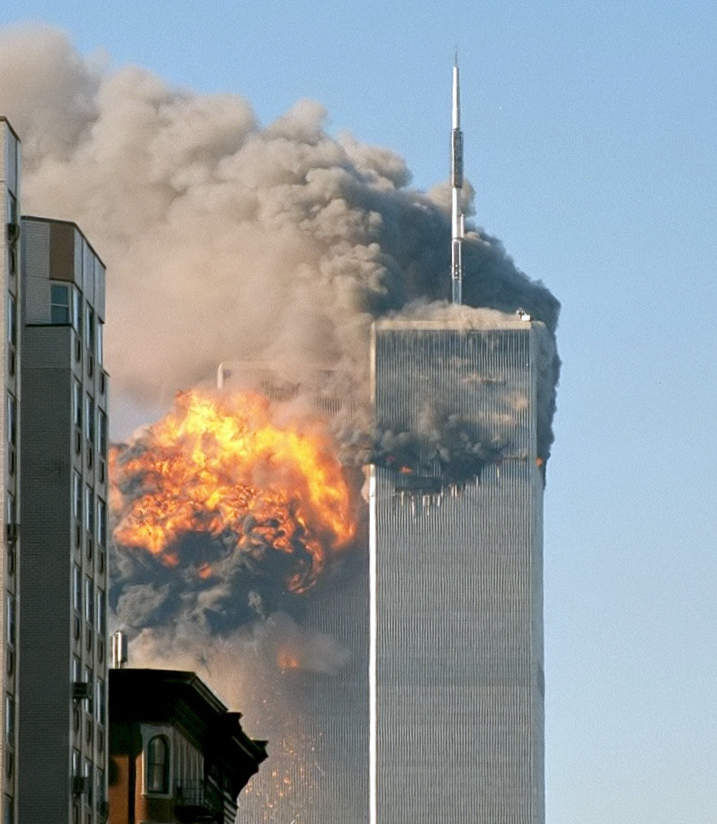 |
| Image from Wikipedia |
Anyway, check out this list on bestonlineengineeringdegree.com of the 10 worst high-rise building collapses in history. If in case the link stops working, you can try this Google-cached copy of the webpage:
http://goo.gl/WvffO
As a Filipino, the first thing I looked for was if any of the building collapses in the Philippines were featured. I can recall two prominent ones: the Hyatt Hotel buildings that collapsed during the 1990 Luzon Earthquake, and one building in Manila that collapsed on its own recently where an investigation revealed that all parties had a hand in its fall: owner, geotechnical/foundation consultant, structural designer, contractor, and building official (as far as I can recall).
But then, this list is all about high-rise buildings, and those two Philippine examples I mentioned are, I believe, high-rise buildings based on some definitions (i.e. more than 3-storeys). But they aren't as tall as the buildings on the list. Nowadays, it seems that high-rise is synonymous with "tall," which by certain definitions means 50 meters (16 stories) and up. Soon enough, a building will only be considered a tall or high-rise structure if it is at least 50 stories (150 meters) high.
Alas, none of the buildings in the list collapsed due to an earthquake, which is precisely the point. If an earthquake causes a building to collapse, it is unfortunate and it is something we almost can't do much about except to improve our future designs. If a building just collapses on its own, due to faulty design or construction or maintenance, or due to other human factors (i.e. the World Trade Center twin tower collapse in New York), and so on, now that's bad.
Hey people, you gotta love your civil engineers. Hey civil engineers, you gotta love your work (i.e. don't think you know enough; the practice keeps evolving). Also, teach and engage in discussion with other fellow engineers.
Thanks to my friend BT for sharing the link to the article!

No comments:
Post a Comment